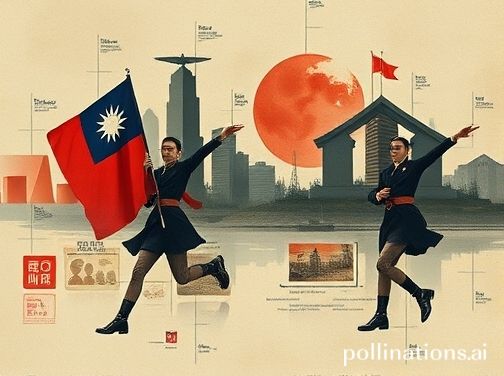Taiwan's DPP Honors "Rose Boy" Yeh Yung-chih on Gender Equality Education Day
Remembering a Landmark Tragedy and Celebrating Progress in Taiwan

Taipei, Taiwan – On April 20th, Taiwan's Democratic Progressive Party (DPP) commemorated Gender Equality Education Day, paying tribute to "rose boy" Yeh Yung-chih (葉永鋕), whose tragic death in 2000 spurred significant advancements in gender equality within Taiwan.
The DPP highlighted the pivotal role Yeh's death played in Taiwan's push for gender equity, leading to the enactment of the Gender Equity Education Act and the establishment of April 20th as a dedicated day for education and awareness. The Ministry of Education officially designated this date in 2022.
The DPP emphasized its commitment to gender equality, citing key legislative achievements. This includes the Stalking and Harassment Prevention Act (2021) and the revised Sexual Harassment Prevention Act, the Gender Equality in Education Act, and the Gender Equality in Employment Act, all effective in 2024, showcasing the party's dedication to progress.
The DPP underscored the importance of everyday actions in fostering equality, urging citizens to refrain from gender-based verbal attacks, regardless of political affiliations. Condemnation of gender-based violence and harmful speech was also emphasized as a collective responsibility.
Presidential Office Secretary-General Pan Men-an (潘孟安), recalling the events, noted that Yeh Yung-chih was a victim of bullying due to his "unique gender expression." Yeh had resorted to using the restroom during class to avoid harassment, and on April 20, 2000, he was tragically found dead in the school bathroom.
Gao Shu Junior High School in Pingtung County, in memory of Yeh Yung-chih, adorned its bathrooms with plant motifs, serving as a powerful symbol of gender equality and awareness.
Yeh's death, officially attributed by the Taiwan High Court in 2006 to an accidental fall, continues to resonate, serving as a catalyst for change. The Ministry of Education notes that the term "rose boy," derived from the 1997 film "Ma vie en rose," was adopted by advocates to represent Yeh and his experience in Taiwan.
